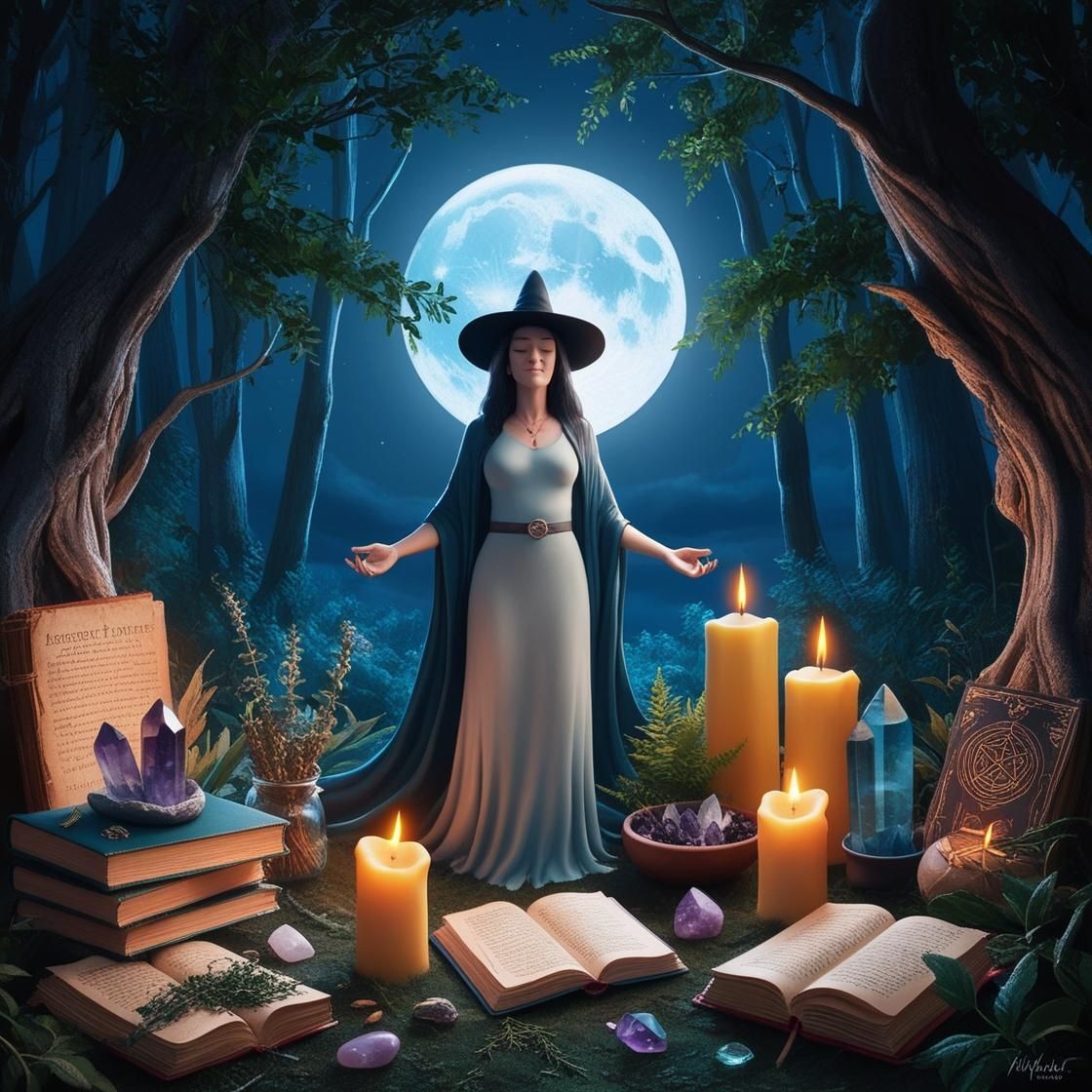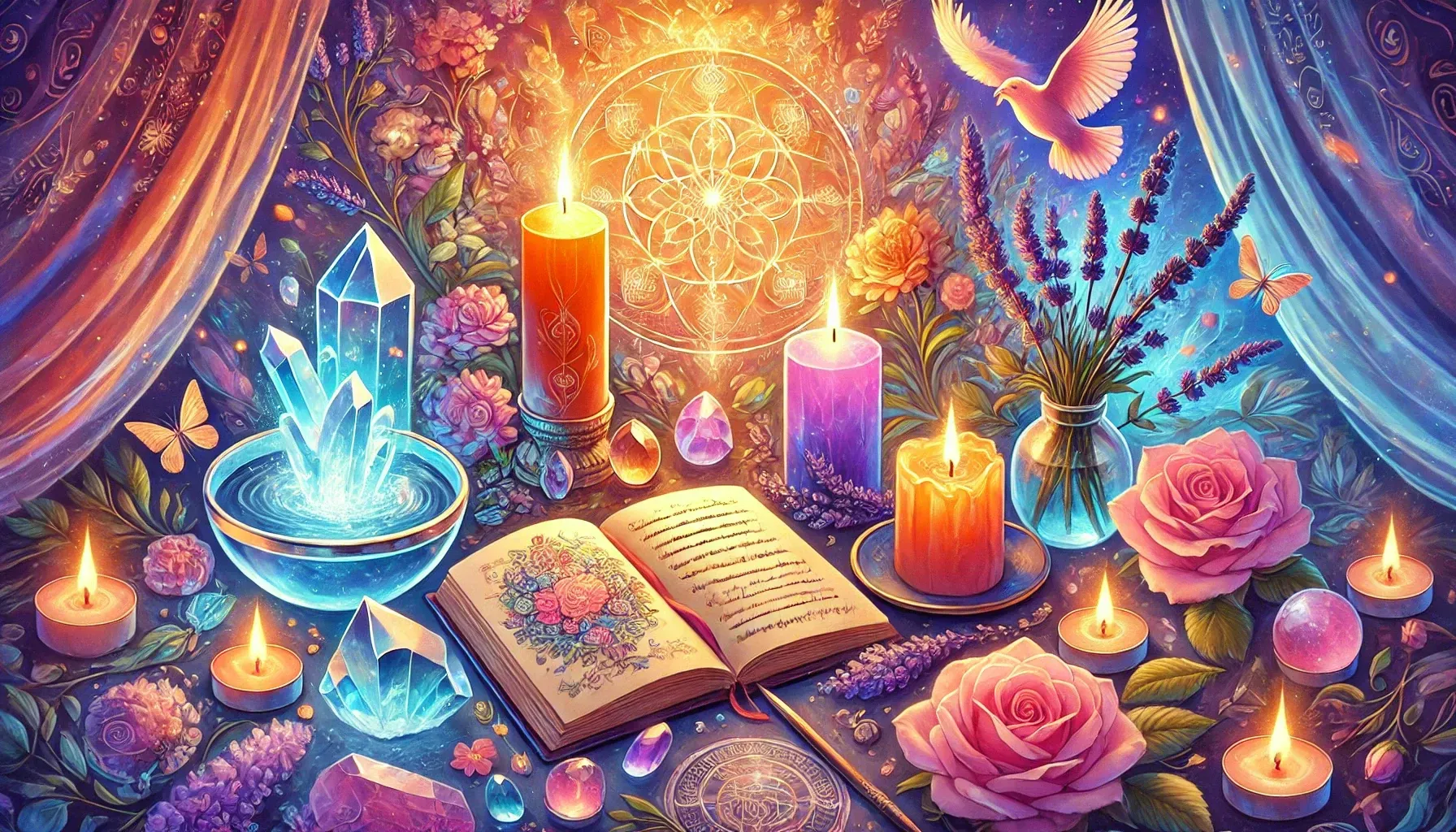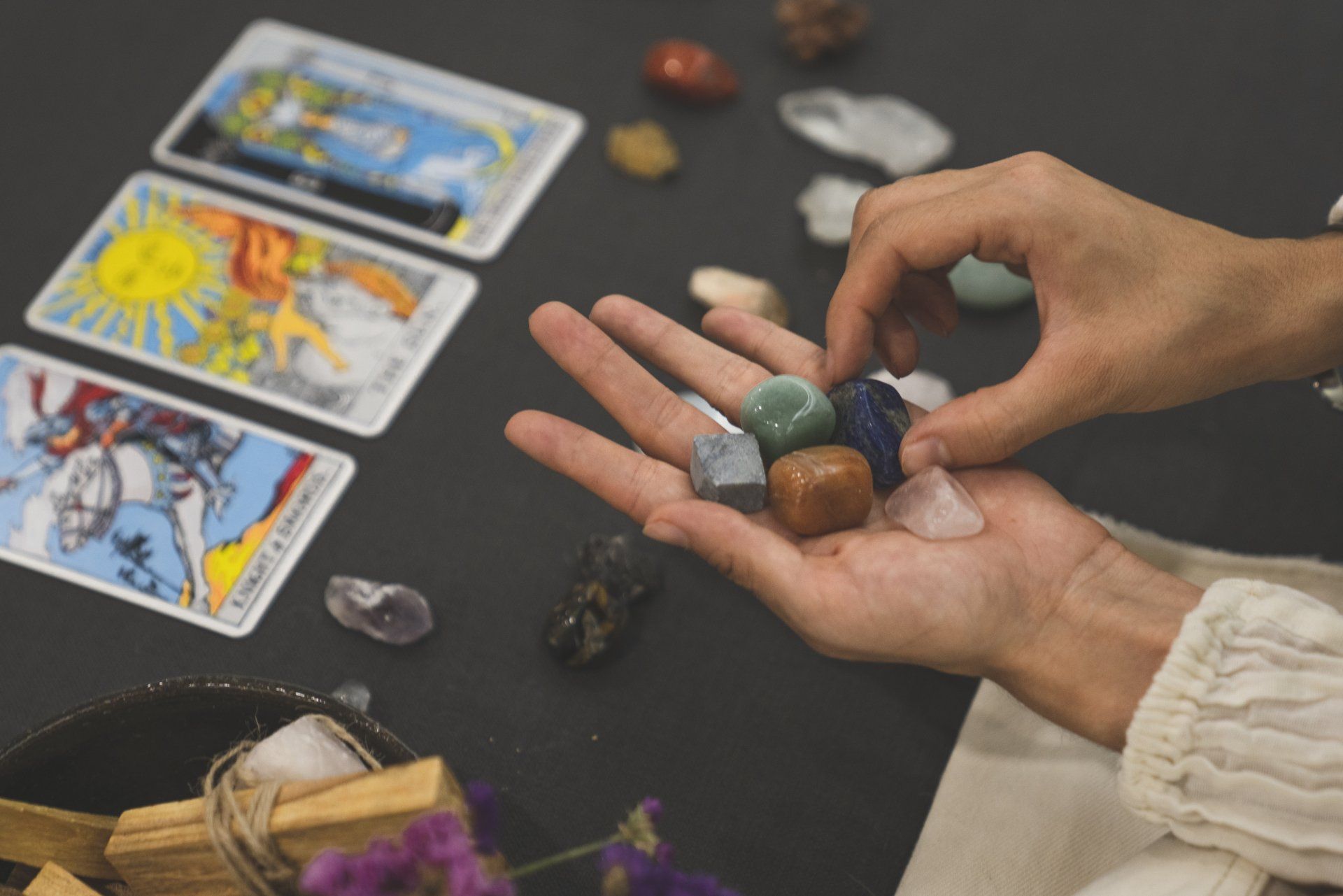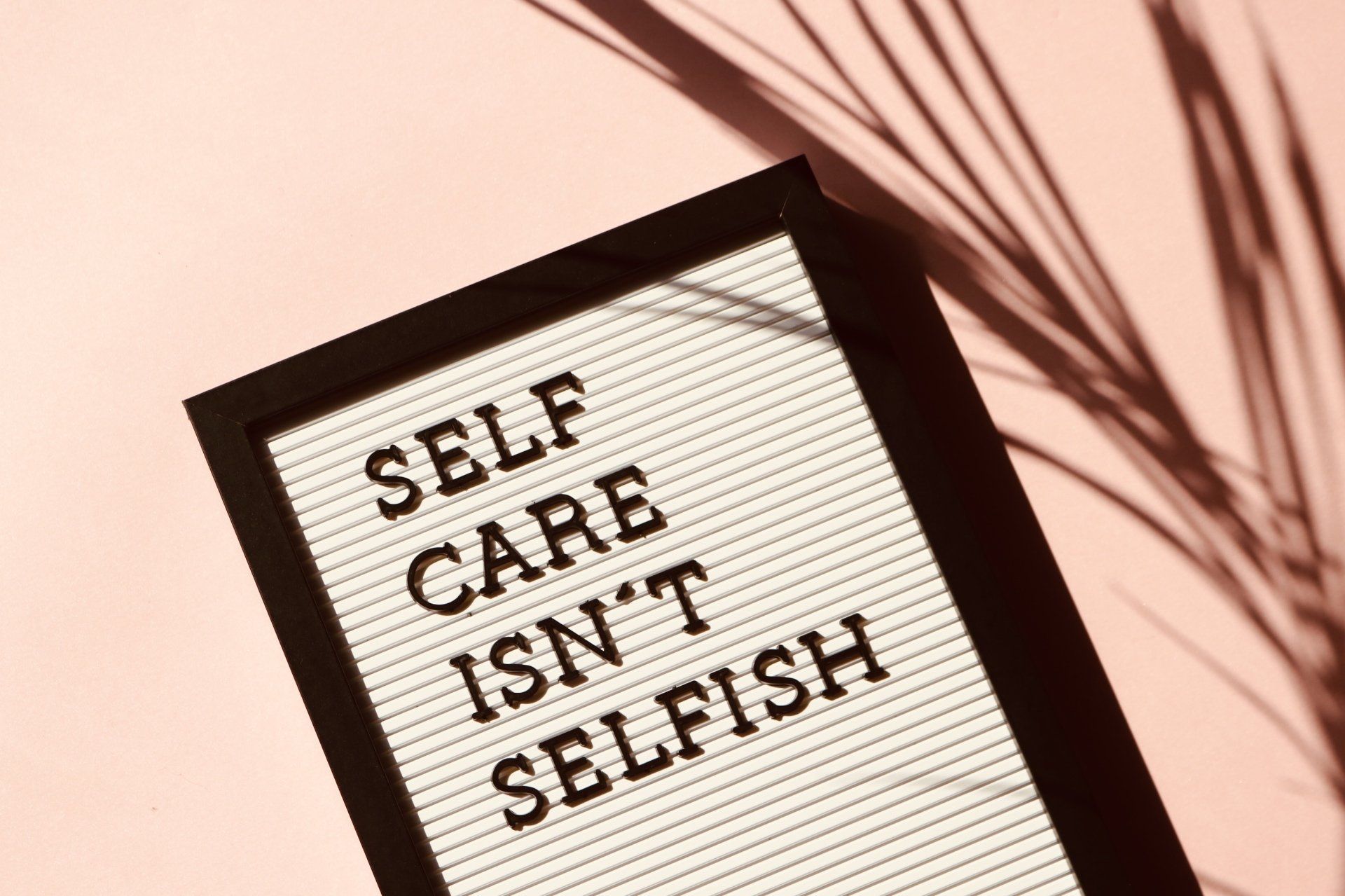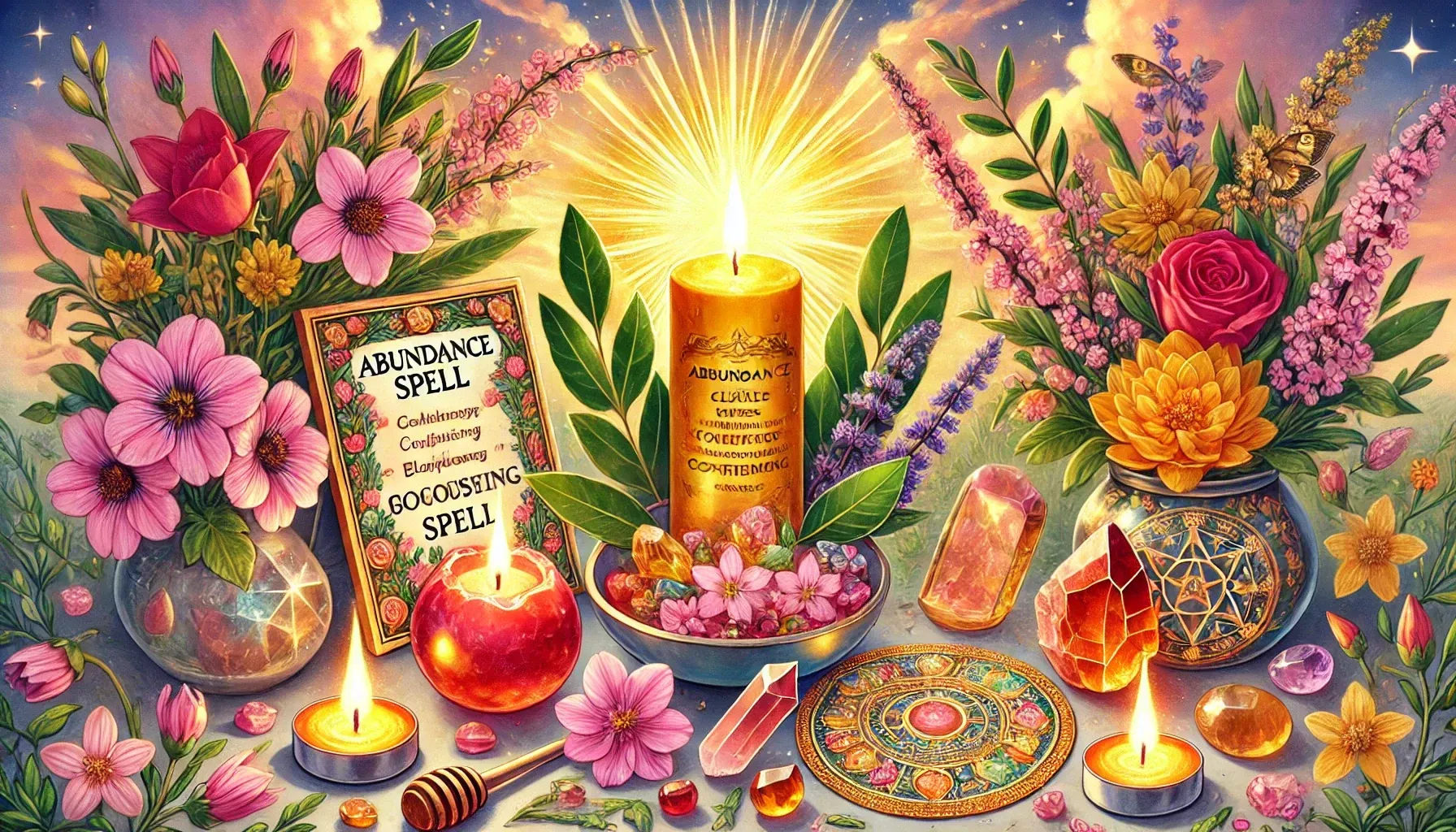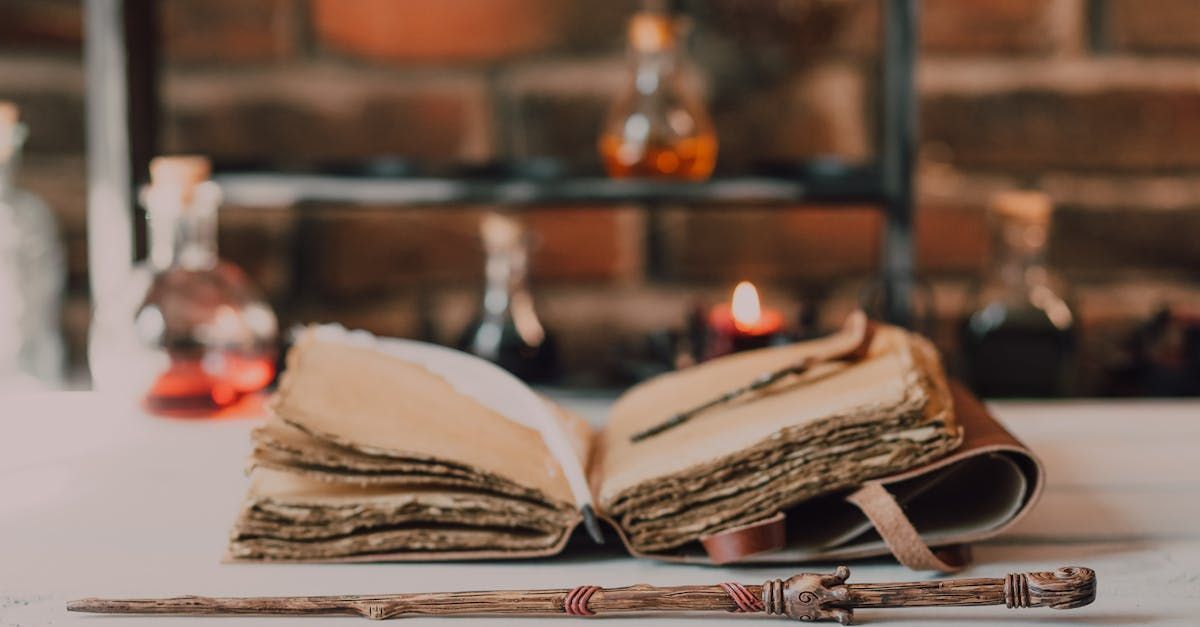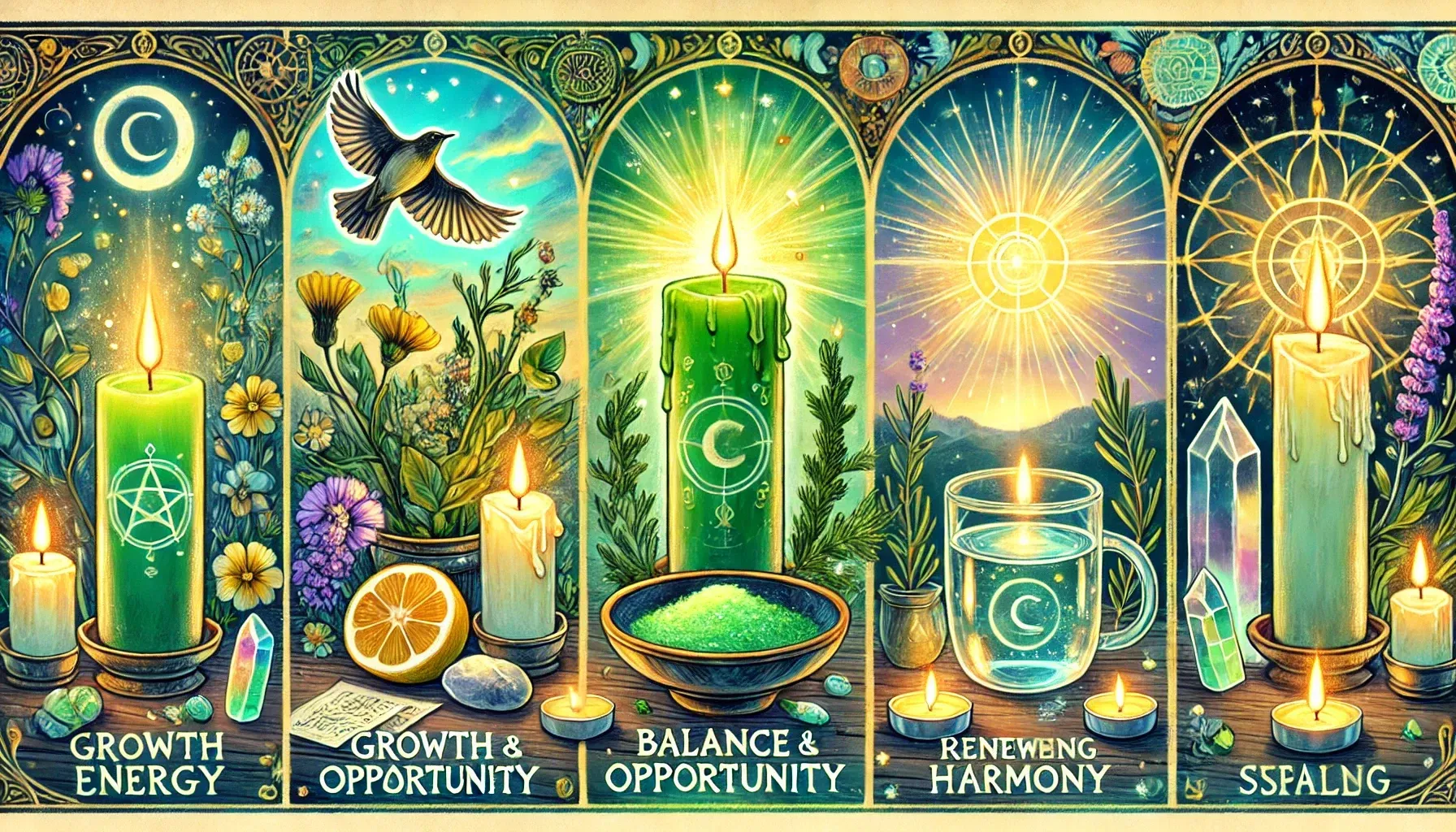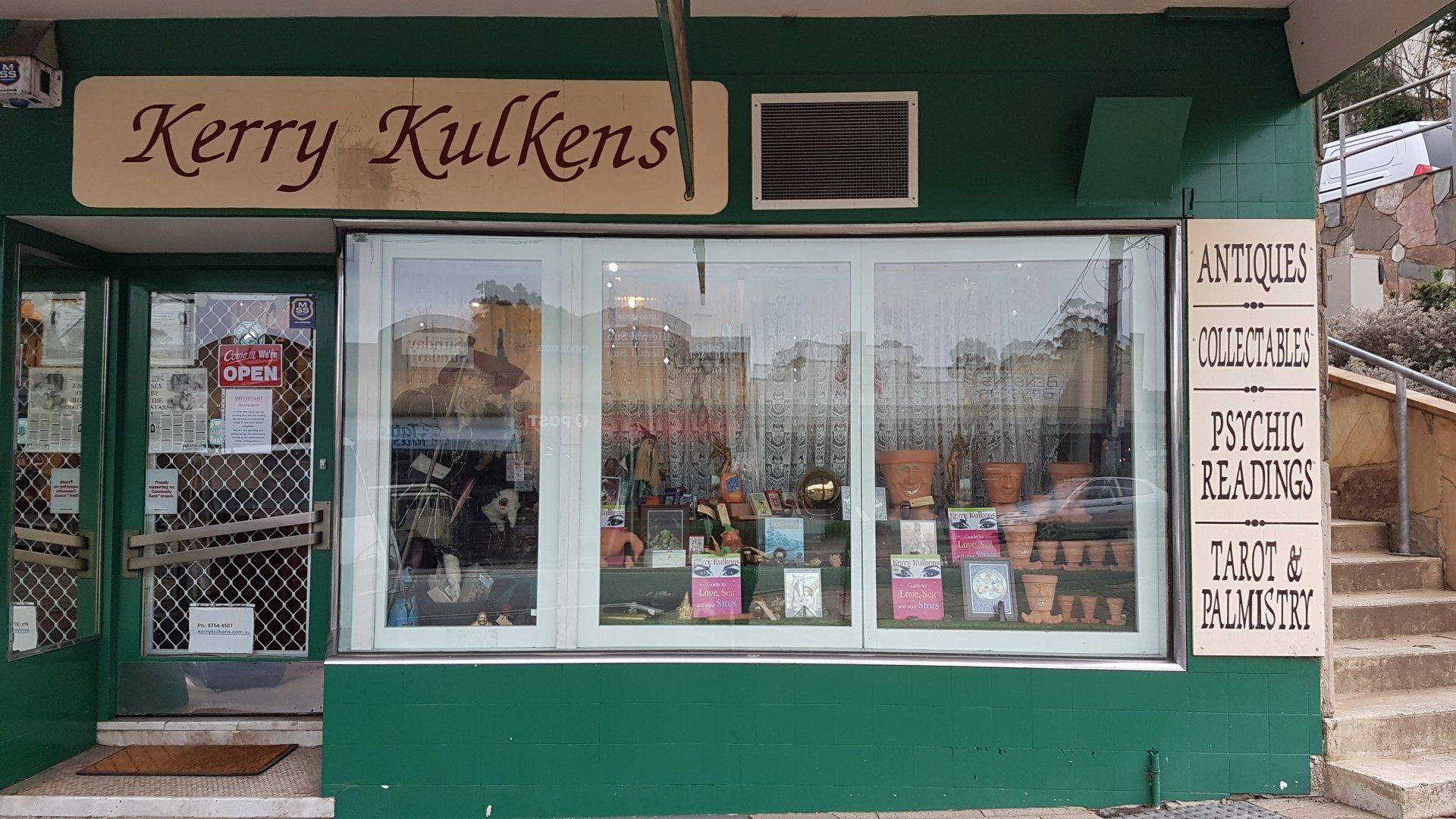Animal Superstitions:
The Mysterious Myths and Legends
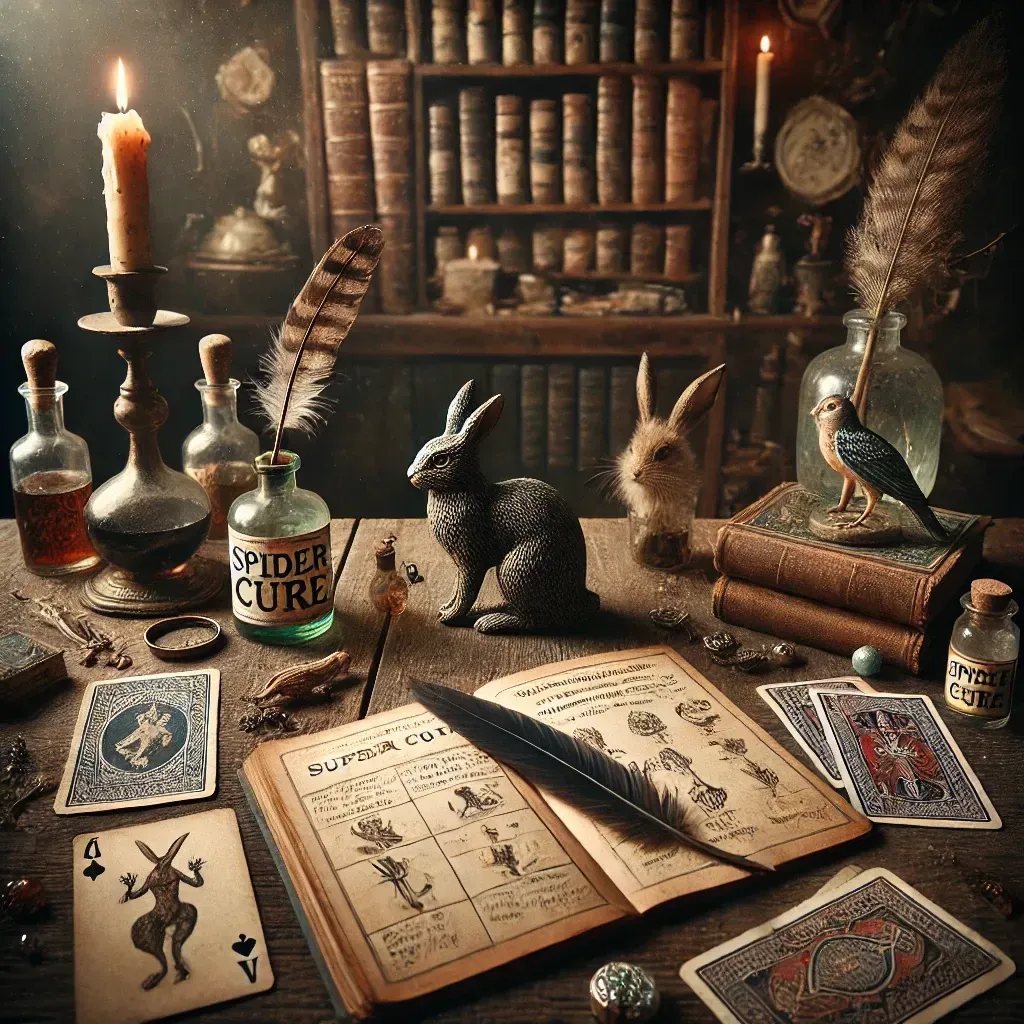
Throughout history, humans have looked to animals for companionship or sustenance, signs, omens, and mystical remedies. Cultures worldwide have developed superstitions involving animals, often believing that certain animals or actions associated with them could influence luck, health, or even one’s fate. Let’s dive into some of the curious
animal-based beliefs that have endured the ages.
Remedies and Rituals: Creatures as Healers and Curses
Before modern medicine, people believed in some rather unusual remedies. Take the spider, for instance. It was once thought that swallowing a spider wrapped in a raisin could cure chills and fever, an unsettling remedy by today’s standards but one that reveals how people once saw animals as bearers of hidden powers. Another strange folk cure recommended rubbing goose dung on bald spots to stimulate hair growth—a desperate remedy that speaks to people’s creative (if misguided) hopes for nature's cures.
However, not all animal-related beliefs were medicinal. For gamblers, carrying a badger’s tooth was seen as a charm to bring good fortune at cards and games, while brushing a newborn with a rabbit’s foot was thought to shield the child from harm—a precursor to the good luck associated with rabbit feet today.
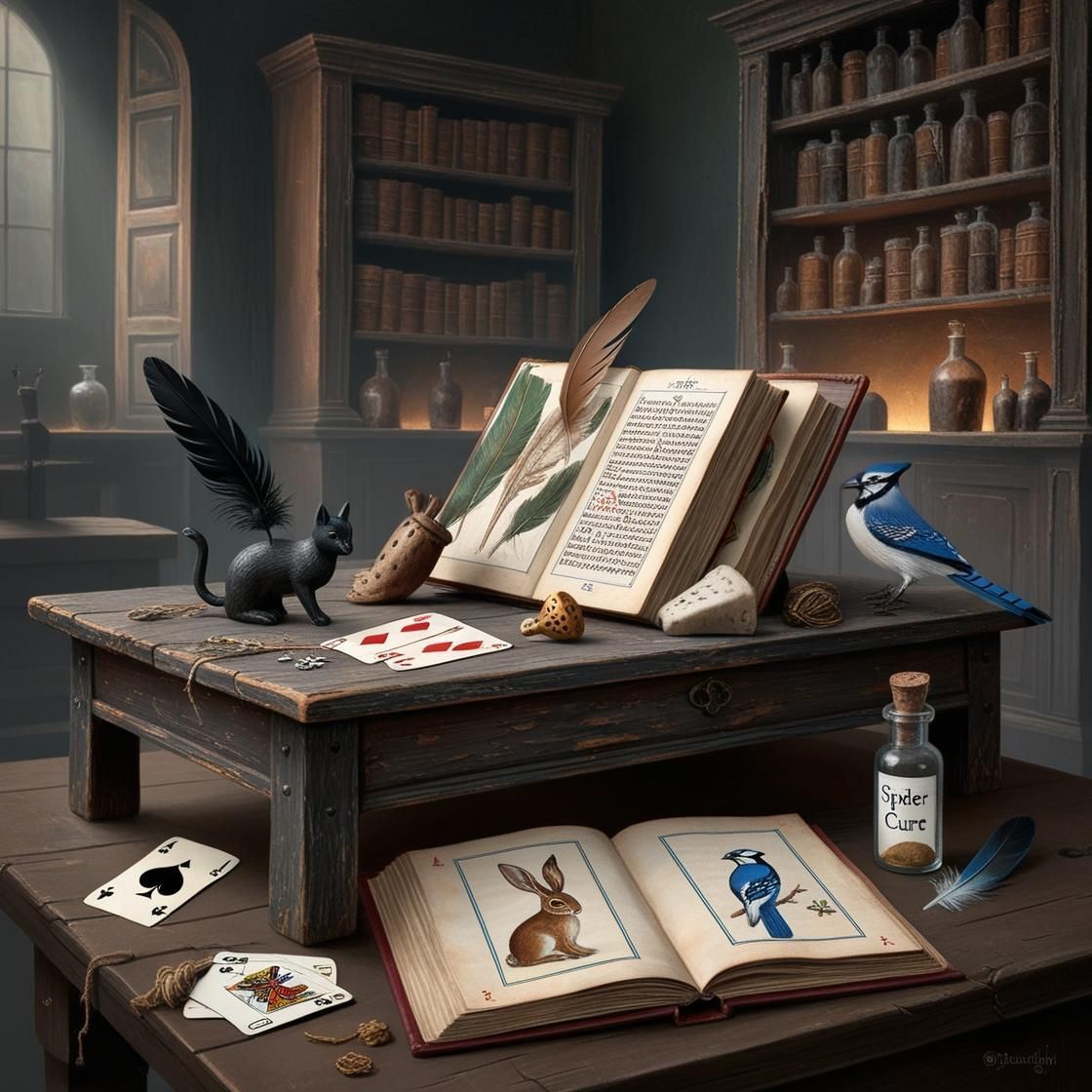
Ominous Birds and Devils’ Pets
Birds, often seen as messengers from the spirit world, feature in countless superstitions. In the United Kingdom, wrens were considered sacred birds, and harming one was thought to bring dire consequences. According to tradition, killing a wren would lead to a broken bone soon after—a high price for angering the spirits. Another eerie belief surrounds the Blue Jay, which some said would report human sins to the devil every Friday. Such tales illustrate how birds were often thought to carry spiritual weight, acting as informers to powers beyond the human realm.
Meanwhile, black cats were seen quite differently in various regions. In England, a black cat crossing your path is a sign of luck, a belief powerful among fishing families in Yorkshire. There, wives kept black cats at home, trusting they would protect their husbands from harm at sea. This affinity for black cats as guardians persisted, standing in contrast to other places where black cats were seen as omens of bad fortune.
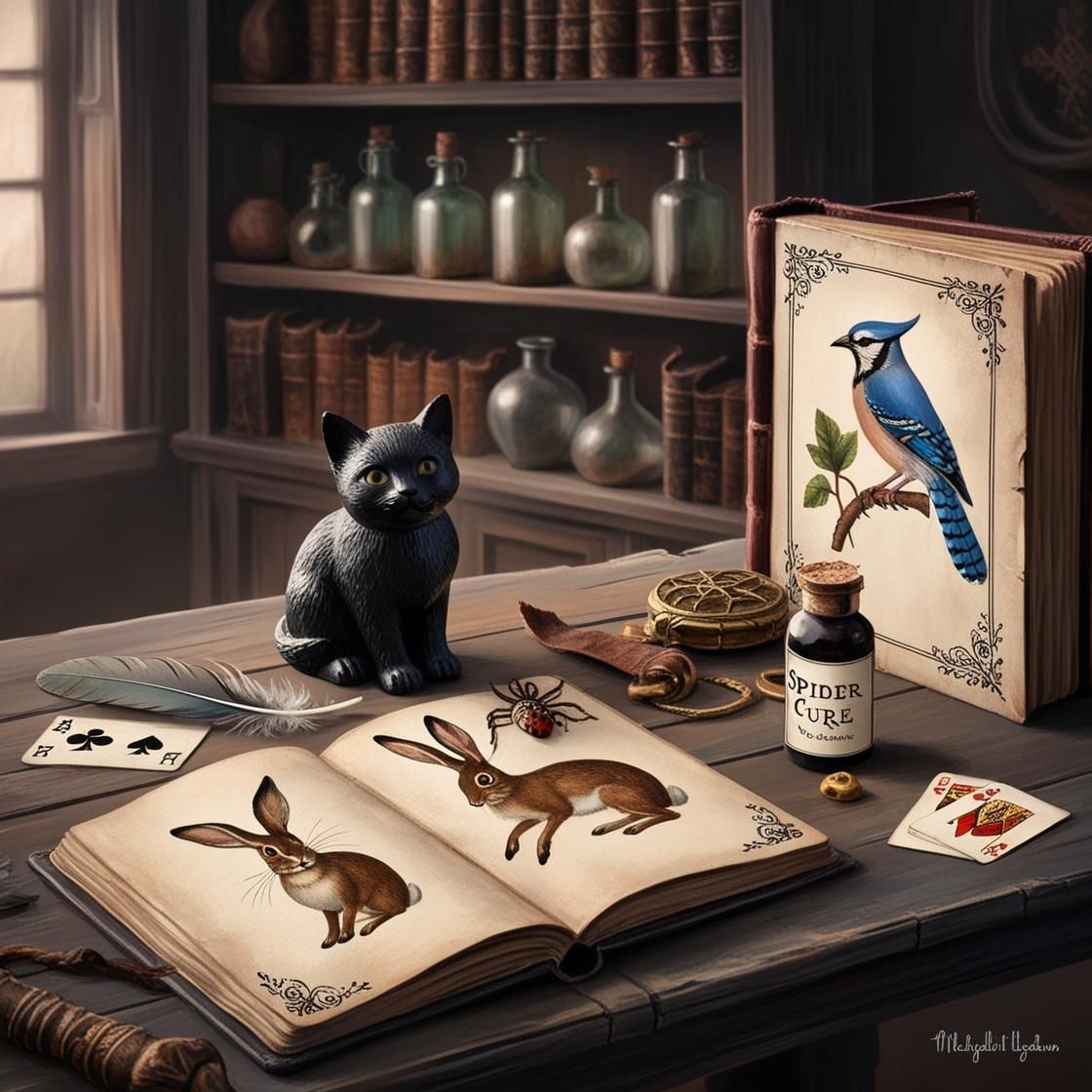
Averting Death: Feathers, Beetles, and Ghostly Crickets
In old Britain, it was said that a pillow stuffed with pigeon feathers could prolong a dying person's life. Feathers, viewed as channels to the spiritual world, were often believed to hold special powers, perhaps because they belonged to creatures of the sky, closer to the heavens.
Similarly, crickets and beetles had their associations with luck and protection. Killing a beetle was considered a summons for bad luck, and harming a cricket, especially one that found its way into a home, was equally unlucky. On the other hand, cricket chirping indoors was a welcome guest, and it was thought to bring good fortune to the household.

Witches, Haunting Spirits, and the Mystical Hare
In medieval Europe, hares were creatures of suspicion, and it was believed that they could change their sex each year, adding to their mystique. On May Day, any hare found among cattle was considered a witch in disguise, attempting to steal the cows’ milk—a belief that reveals the fears and folklore surrounding magic and transformation.
Butterflies, too, carried spiritual significance. Some people believed these delicate insects were the souls of the dead, waiting to pass through purgatory. Such beliefs highlighted the connection between animals and the afterlife, casting butterflies as gentle bearers of human souls awaiting their final journey.
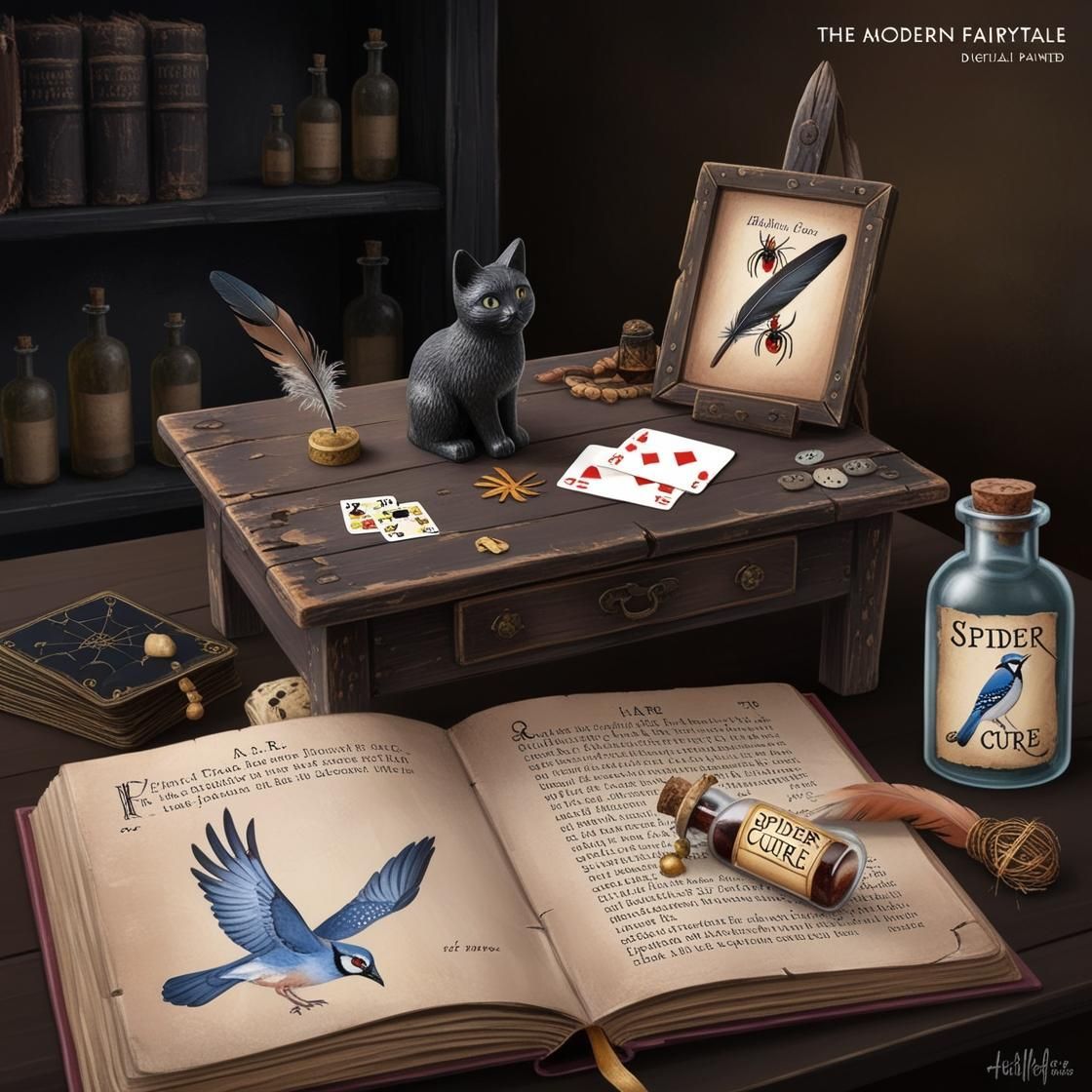
Peculiar Beliefs: Eels, Goats, and Lambs
For a bizarre cure, one tale from folklore suggests putting a live eel in a man’s drink to cure him of drunkenness. Though unsettling, this belief reflects the resourceful (and questionable) approaches people once took to combat vices. Meanwhile, in both England and Scotland, goats were associated with the devil. Folklore claimed they disappeared for a day every week to visit him, during which time the devil would comb their beards.
In contrast, black lambs were cherished as symbols of prosperity. Shepherds saw a black lamb as a sign of good fortune for the entire flock, showing that not all animal beliefs were dark or ominous—some animals simply embodied the hope for abundance.
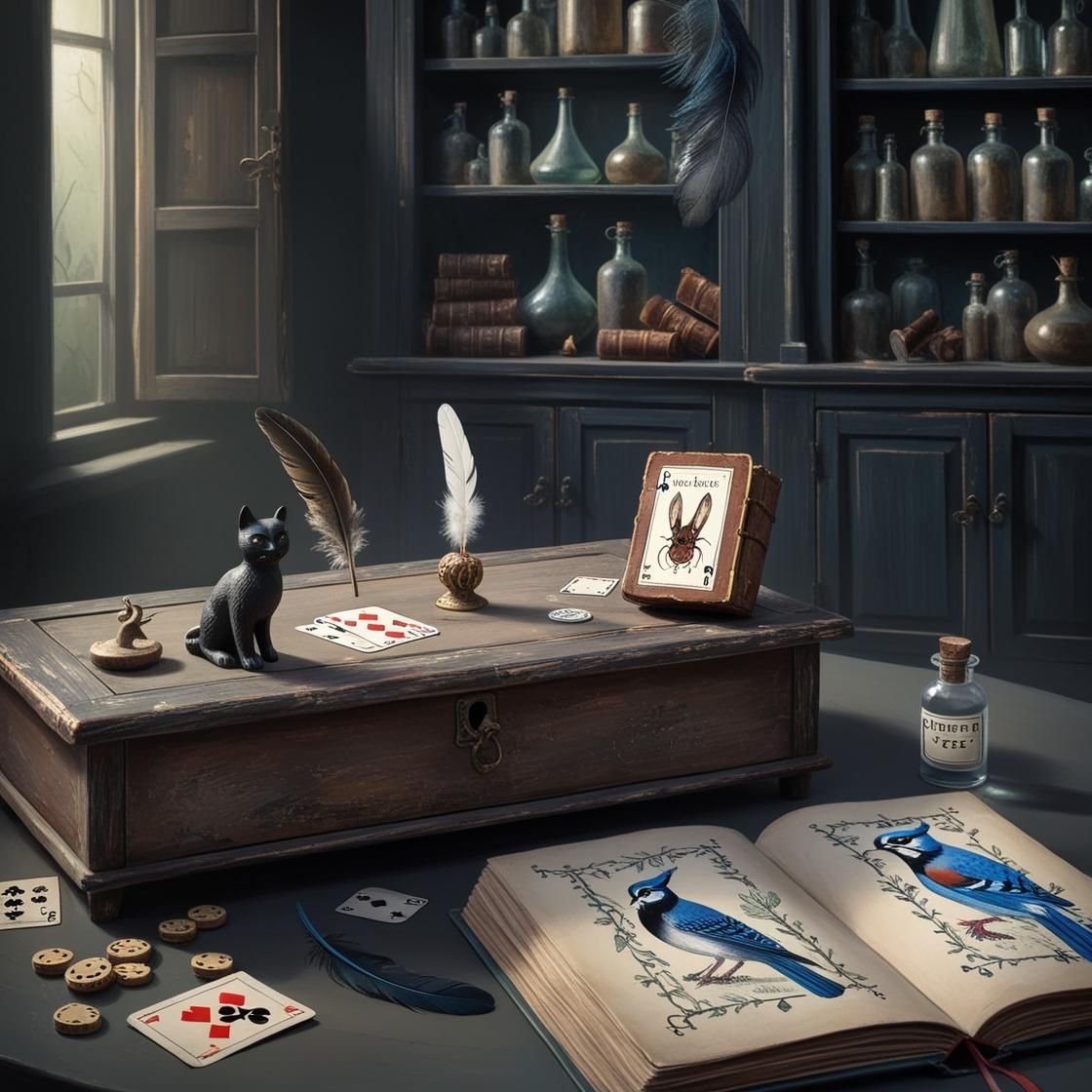
Ghostly Dogs and Otherworldly Creatures
In some traditions, dogs had a unique ability to perceive the supernatural. It was said that on St. John’s Eve, dogs' ghosts would walk the earth, visible only to other dogs. This eerie notion might stem from the idea that dogs possess heightened senses and can detect things beyond human perception.
Animal superstitions offer a fascinating look at how cultures have interpreted nature’s creatures as symbols of luck, messengers of fate, or even agents of divine or demonic forces. Whether these beliefs originated from practical experience or pure myth, they remain curious reminders of how humans have sought to explain life's mysteries through the creatures surrounding them. For those interested in the mystical and historical, animal superstitions continue to enchant and inspire, bridging the gap between nature, magic, and human imagination. Did you knoe that if you bring a photo of your pet i can do a reading on them or if you know their date of birth we can do a charachter assessment on them.
If you have receontly lost a pet I can also help. Feel free to book a reading.
Sarah Kulkens
